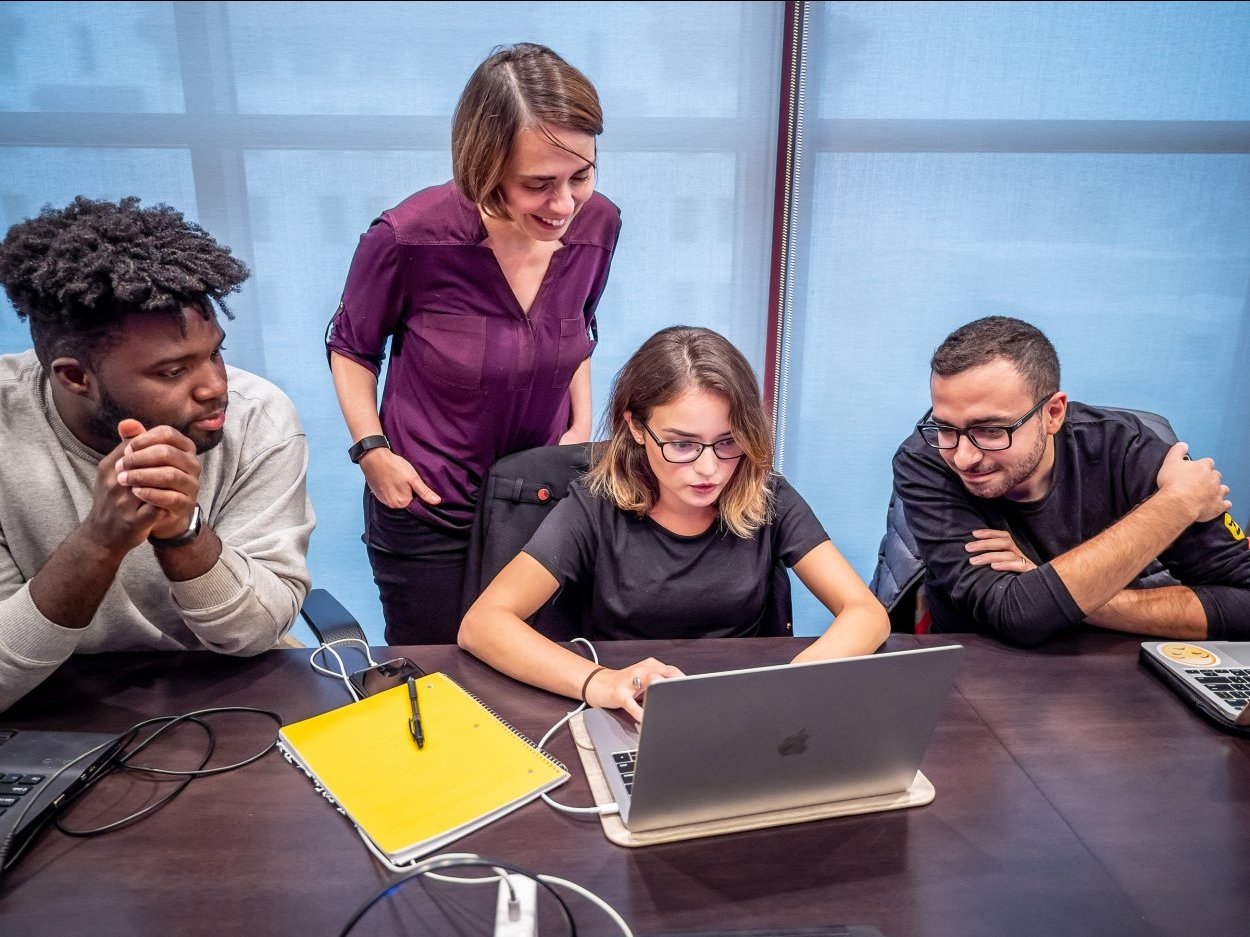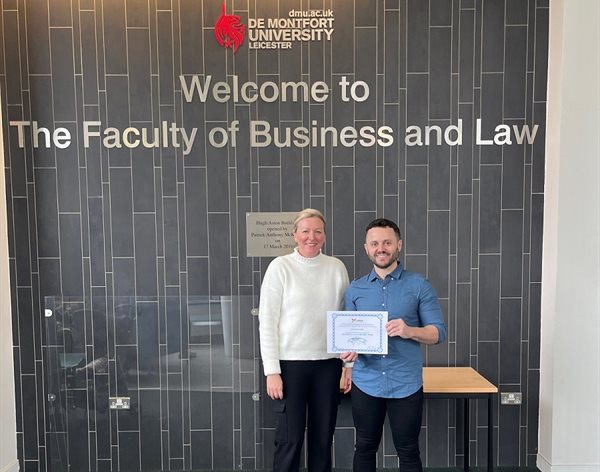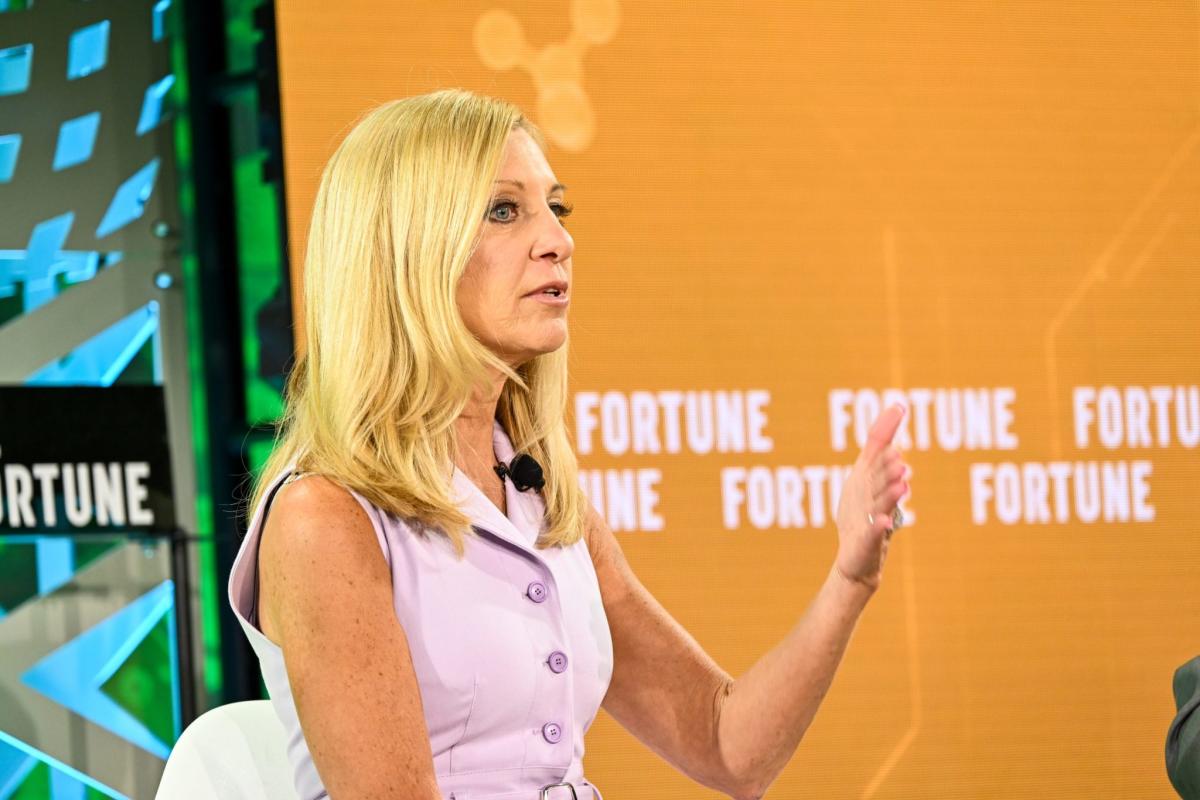The flag promoting football for the World Cup is flown at a lighthouse in the West Bay area of Doha, Qatar, Wednesday, March 30, 2022. The final draw will be on April 1. (AP Photo / Darko Bandic)
AP
DOHA, Qatar
A dozen years of defending Qatar’s suitability to host the World Cup may leave Hassan Al-Thawadi upset over the constant glare of control and accusatory rather than solemn tone.
At times, Al-Thawadi appears to be the face – even the leader – of this Gulf state given his reputation. As bid leader and now general secretary of the organizing committee, Al-Thawadi holds responsible groups for rights, protest football federations and fans around the world.
Responses do not always reassure those appalled by the suffering of migrant workers, whose low-paid workforce has depended on the construction not only of stadiums but also of Qatar’s wider infrastructure, which is outside the direct remit of Al-Thawadi.
But it is the changes in working conditions and rights in the country that Al-Thawadi is trying to highlight on the eve of the World Cup draw, when the finalists discover who and where they will play in November.
“Human suffering is a tragedy. Simply, “Al-Thawadi said in an interview with the Associated Press on Thursday.” From the first day before we competed to host the World Cup, we were aware that things had to change. This is not something that has become clear to us as a result of the World Cup. “
However, changes in labor law were not part of Qatar’s public offering. They came only in recent years and not before the construction of the eight new stadiums needed after the 2010 vote began, when groups, including Amnesty International, exerted pressure.
“We knew this World Cup would be an accelerator,” he said, “and it will help the government make that change.”
They include the introduction of a minimum wage and the abolition of the “kafala” sponsorship system, which binds workers to the employer. Enforcing law enforcement across Qatar is a challenge, especially as investigators are training on construction sites away from the eight World Cup stadiums that are being completed.
Al-Thawadi believes Qatar is setting a “benchmark” – especially with more restrictive work practices in place elsewhere in the Gulf – and notes how some of the “most ardent critics” are now working with them.
“No one is accepting any kind of suffering, and we are trying to make sure that doesn’t happen,” he said. “I am working very hard and we are very committed that this progress that has been made in the last 12 years will continue beyond 2022 and will remain so.”
But Al-Thawadi went from an interview to the FIFA congress, where the president of the Norwegian Football Association, Lisa Klaveness, pointed out the freedoms and security that are denied to workers, and the lack of LGBTQ + protection in Qatar.
Al-Thawadi was angry and claimed in response that Klaveness had not tried to contact him. This is a sign of how upset Al-Thawadi may be because he must continue to excuse Qatar as the first host of the World Cup in the Middle East.
“The World Cup is an opportunity for everyone to come and meet different people from different backgrounds with different values,” Al-Thawadi said. “We don’t always have to … agree on everything … but that in itself needs to be respected and accepted.
“What we say, we offer them, we guarantee a safe world championship, a hospitable world championship for everyone. And it’s an opportunity for everyone to sit down and build relationships. “
Al-Thawadi hopes that people will listen even if they are not satisfied with the answers or the Qatari laws.
“People judge very quickly,” he said. “Very quickly and very decisively in their judgment on this, whether they have complete information or not.”
___
More AP football: https://apnews.com/hub/soccer and https://twitter.com/AP_Sports



“Alcohol scholar. Hardcore tv junkie. Wannabe bacon enthusiast. Twitter fanatic. Subtly charming travel guru. Pop culture specialist.”







